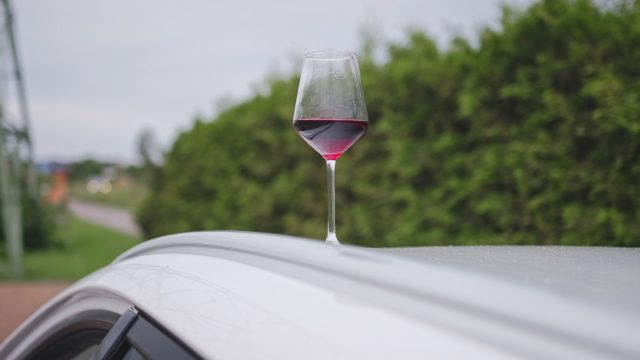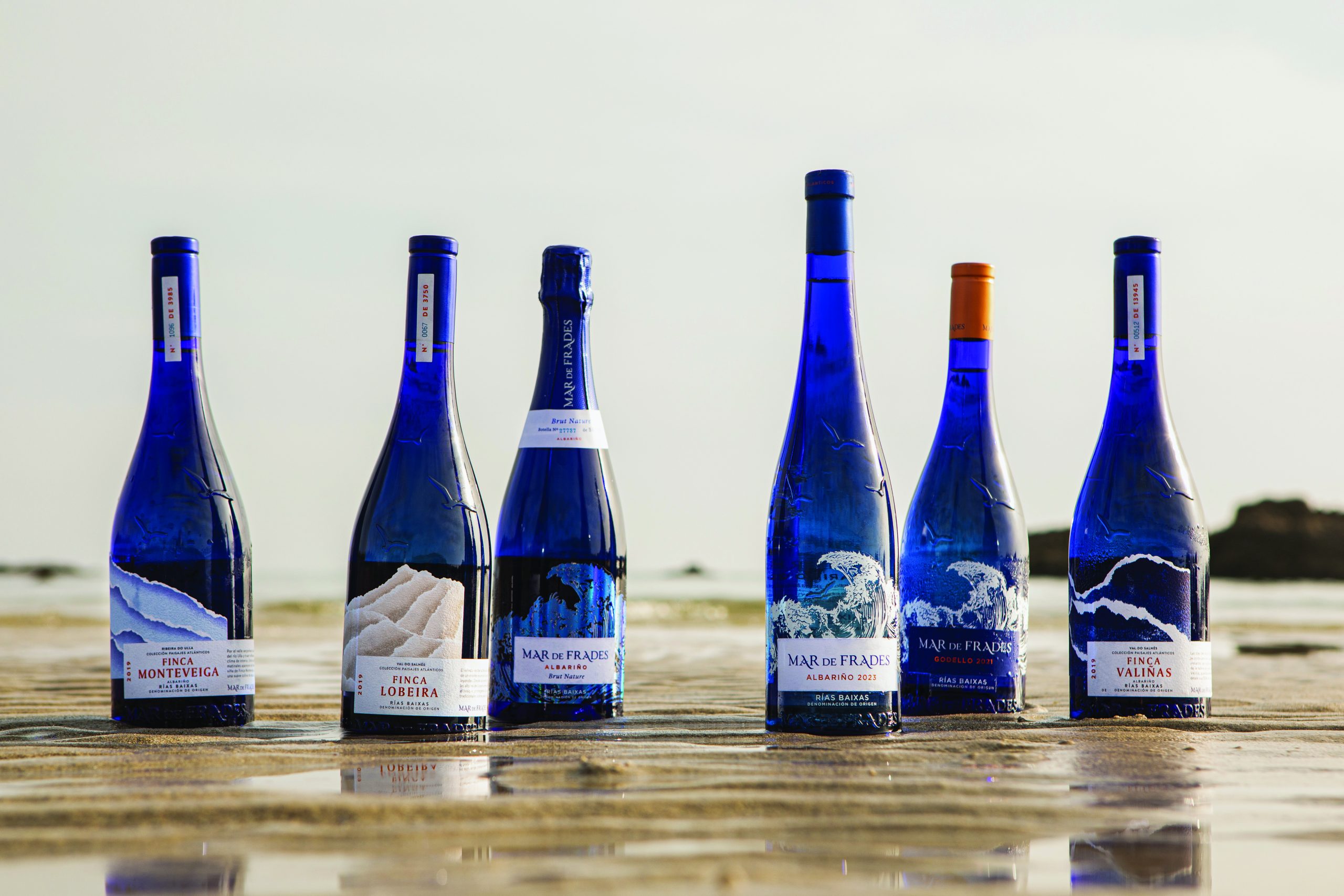Wine could be used to power electric vehicles, new research finds
Acids created during winemaking could be used to power batteries found in smartphones and electric vehicles, a study by the University of New South Wales (UNSW) has found.

“A novel battery component that uses food-based acids found in sherbet and winemaking could make lithium-ion batteries more efficient, affordable and sustainable,” said the researchers in a press release.
Lithium-ion batteries, often found in smartphones and electric vehicles, are traditionally made with a graphite anode.
Professor Neeraj Sharma, who led the study, explained that the conventional method of producing graphite for batteries is quite unsustainable. “About 60% of the graphite is lost in the processing steps, which typically require high temperatures and very strong acids to reach the required purity… so it has a massive environmental impact,” he said, as reported by Interesting Engineering.
The researchers therefore set out to find an alternative to graphite. The new technology replaces the material with compounds derived from food acids like tartaric and malic acid.
Partner Content
A prototype battery cell has been built as part of the study.
The prototype, though similar in size to those in mobile phones, has been found to store more energy than traditional graphite-based batteries, potentially allowing devices to hold more charge and need charging less frequently.
Sharma and his team are now looking to upscale the batteries to make larger versions to increase energy capacity. They will also run more tests to ensure the batteries last through repeated use and varying temperatures.
Researchers at UNSW are not the first to attempt running vehicles on wine. Kimg Charles III has previously revealed that his beloved Aston Martin car is run using wine and cheese byproducts. Read more about his efforts to decarbonise his vehicle here.
Related news
Strong peak trading to boost Naked Wines' year profitability




